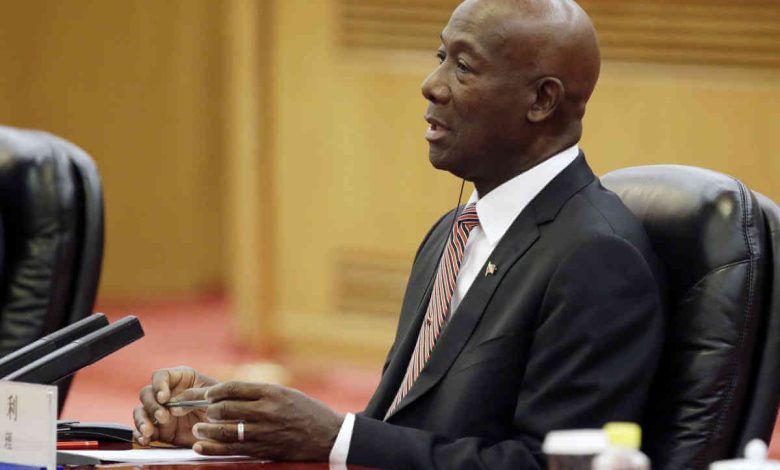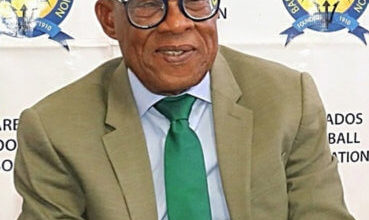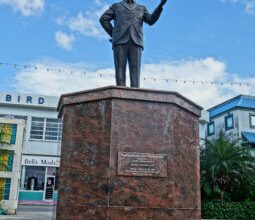Trinidad Cabinet resists IMF pressure to devalue its currency

Trinidad’s government is stoutly resisting efforts by the International Monetary Fund (IMF) to devalue the local dollar, with Minister of Finance, Colm Imbert making it clear authorities fear a significant spike in inflation levels if this route is pursued.
A recent fund report had suggested that the dollar, trading around US$6.70-1 is overvalued by up to 20 percent and should be tweaked to reflect a more realistic situation. The administration of Prime Minister Keith Rowley says it will not bow to the fund dictats as the country has been there before with disastrous economic consequences in the not too distant past.
“Mischievous commentators keep pushing hard for devaluation. One commentator is insinuating that the country thrived after we floated the dollar in 1993. In truth, inflation in 1993 jumped from six per cent to 11 per cent, the economy declined and unemployment was 20 per cent. We are not going back there,” Imbert said this week as he attempted to assuage the local trading system.
While the official rate is close to $7-1, the black market is trading at around $7.30-1 as pressure on the currency remains strong.
Daily oil production in the federation with Tobago has been in a steady decline and the main Petrotrin Oil refinery in south Trinidad has been closed for more than four years, sending neighboring CARICOM states scrambling to find new suppliers for oil and reducing foreign exchange inflows.
Imbert argues that a weaker or devalued currency would lead to higher prices for imports and this will trickle down to the ordinary man in the republic.
“If the TT dollar had to be devalued at a rate of say 10 to one, which would be a 50 percent devaluation or a 40 per cent devaluation, you would have an immediate increase in the cost of imported goods and you would have immediate demands from the labor unions, which would be very difficult to challenge, for increased wages. This in itself would have a domino effect on inflation. I think any serious person would know that if we devalue the dollar there would be significant inflation, and it would send our people into poverty,” he said.
He spoke days after President Chan Santokhi in neighboring Suriname bowed to fund pressure to attempt to put the brakes on a declining Surinamese dollar and to impose price and profit margin levels on goods, means all the major opposition parties and the association of economists say will backfire spectacularly as such has failed miserably in the past. The Suriname dollar is trading at around US$36-1, down from $7-1 back in mid-2020 when a new government was elected.
The recent fund report noted that the multilateral agency is encouraging Trinidad to continue maintaining policies to support the exchange rate and to hike interest rates as well at commercial banks.
“The Central Bank of Trinidad & Tobago has maintained its repo rate at 3.5 per cent since March 2020 to support the recovery of the economy. Increasing the policy rate should be seriously considered to contain inflationary pressures and narrow the negative interest rate differentials with the US monetary policy rate,” the IMF said. This would also help mitigate potential risks of capital outflows and reduce incentives for excessive risk-taking that could threaten financial stability,” it said.
Still, central bank reserves stand at US$6.75 billion for nine weeks of imports but as far as devaluing the dollar is concerned “one does not want to go there. We have no intention of going there,” Minister Imbert said.




